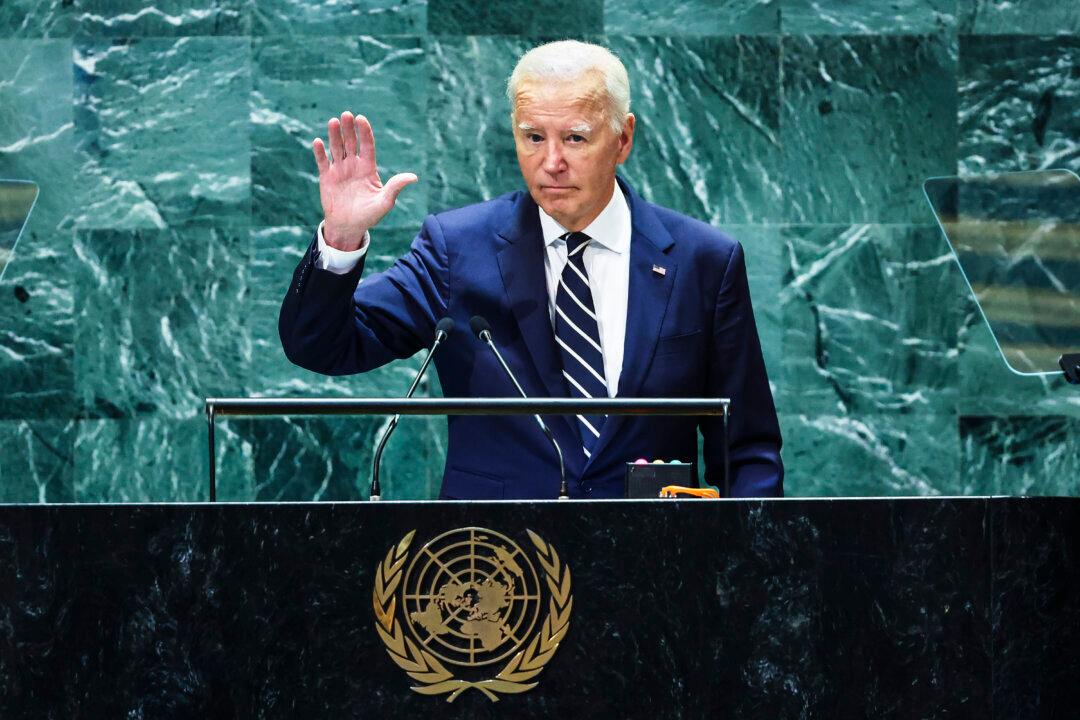World leaders gathered in New York City on Sept. 24 for the U.N. General Assembly, where President Joe Biden delivered his keynote address, which also served as his farewell speech to the international community as U.S. president.
During his speech, Biden advocated a stronger and more effective United Nations and a reformed and expanded U.N. Security Council.





